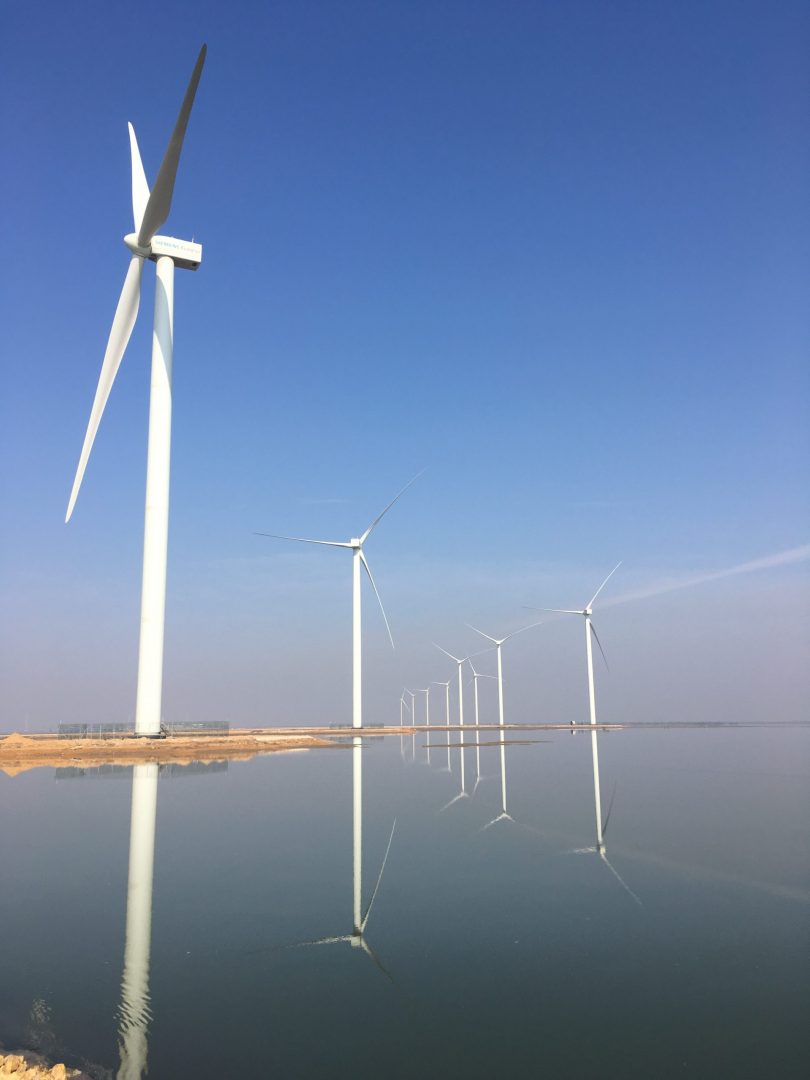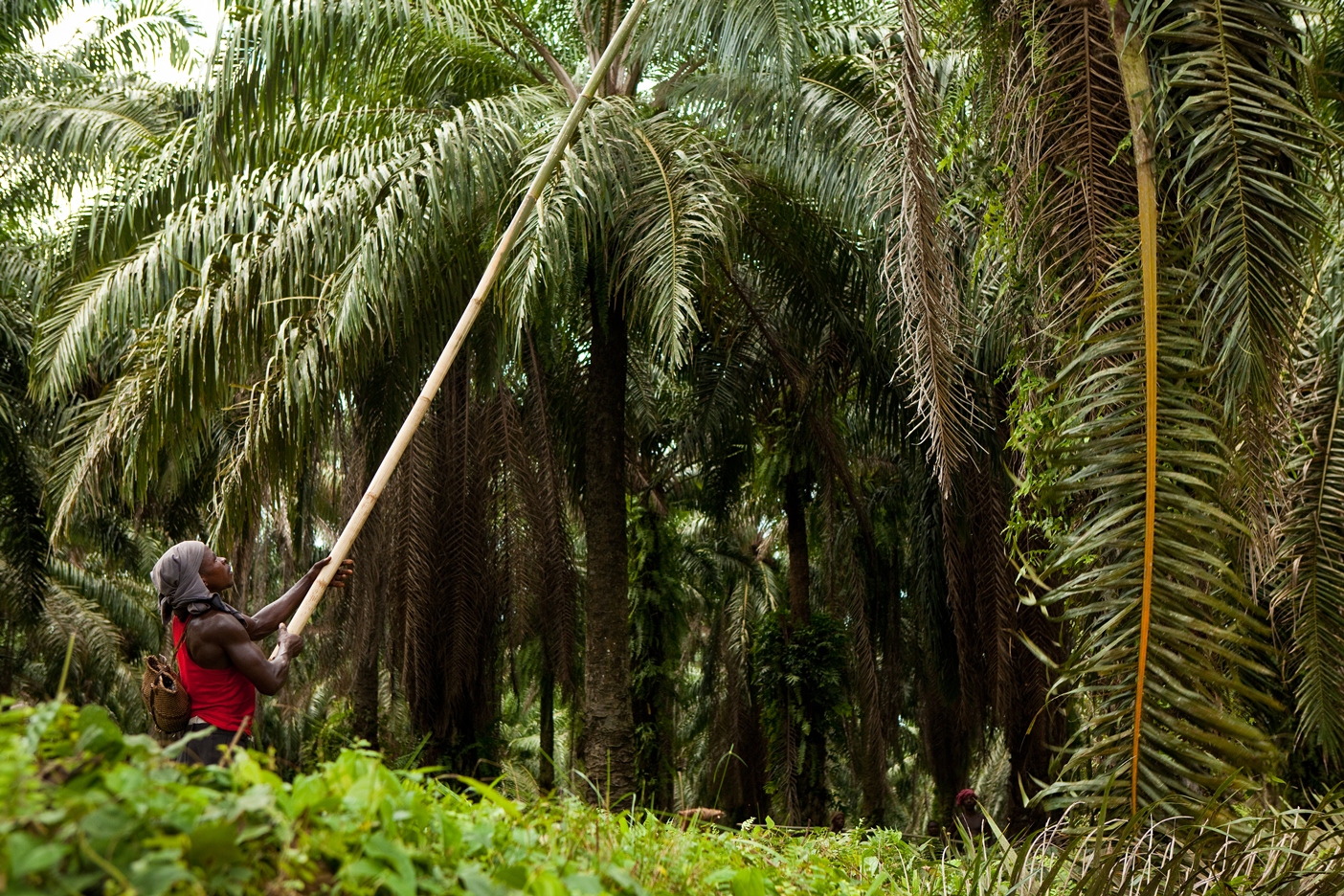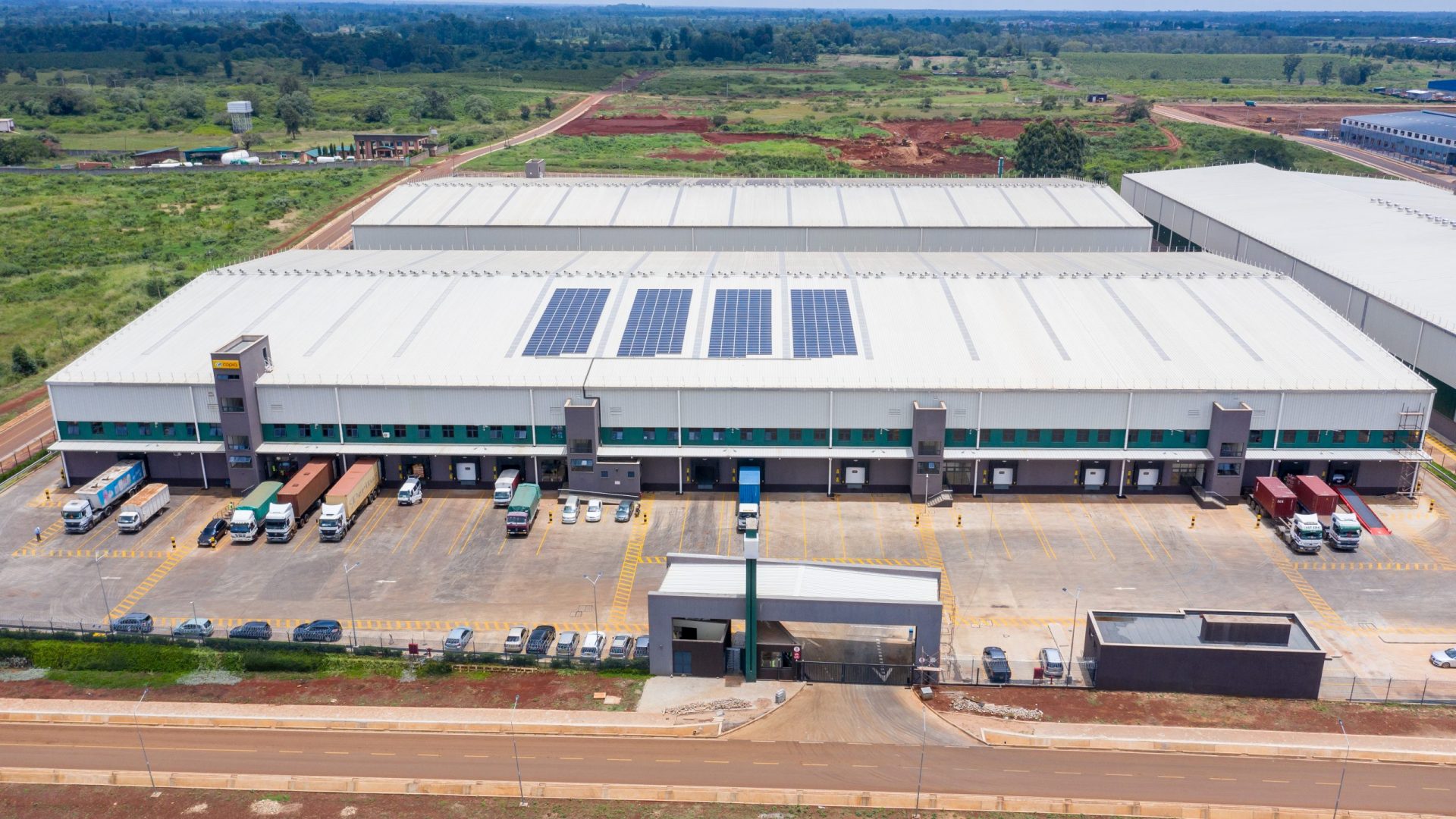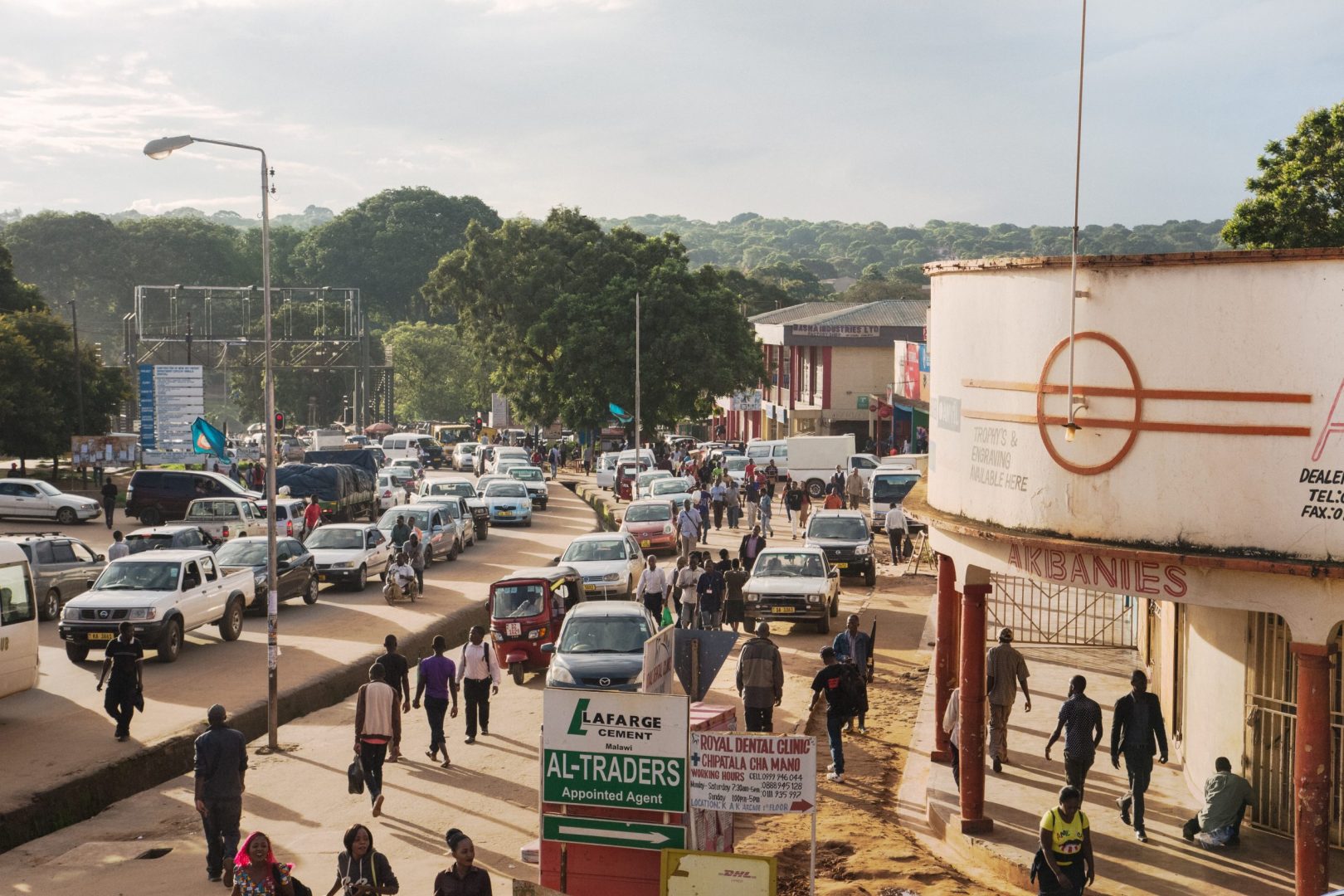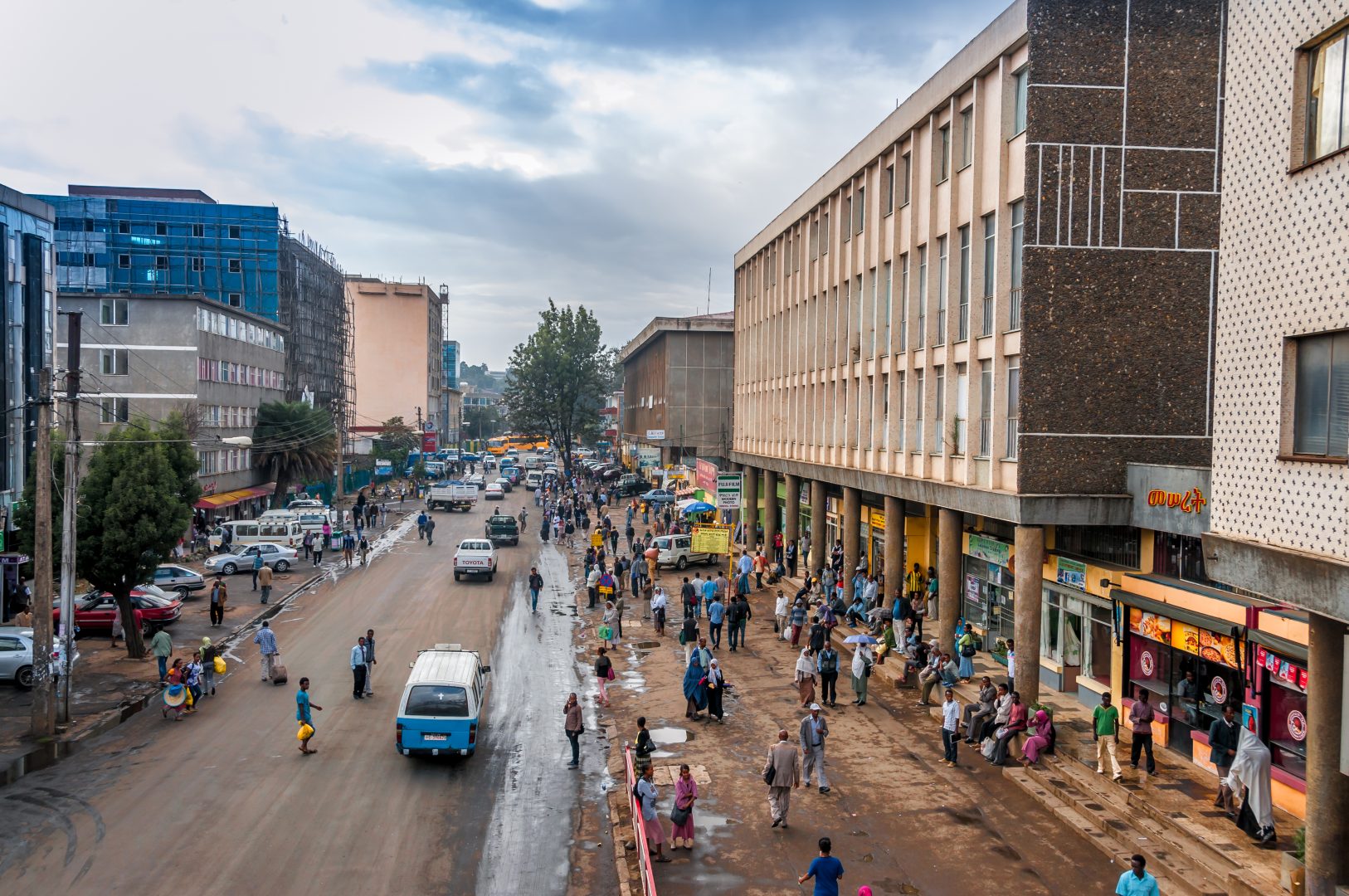The climate crisis is one of the biggest challenges facing humanity today. Without decisive action, it will be particularly devastating for those living in Africa and South Asia.
In November, the UK will host the UN-led global climate summit COP26. More than 190 world leaders will take part, alongside tens of thousands of negotiators, government representatives, businesses and citizens for twelve days of talks on how to tackle climate change.
With fewer than 70 days until the summit, we look ahead to the event with four environmental experts and ask what outcomes they’d like to see.
Listen to the podcast or read extracts from the recording below.
“Science should inform the decision making”
In December 2020, environmental scientist Dr Tara Shine told us what her ideal outcomes would be following COP:
“My dream headline would be that countries of the world come to the table with commitments that will keep us safe and will keep global warming to 1.5°C.
I’d also like the decisions that are made to be informed by science. At the moment I’m playing a role at the UN Framework Convention on Climate Change around policy dialogue and making sure that policy makers have time to be informed by and learn about the latest science, and how that science has filled gaps in knowledge that we had in 2015. For example, in 2015 we understood very little about the difference between 1.5°C and 2°C of warming. We understand so much more about that now, so that has to inform the decisions that policy makers take.”
“We must think about the quality and inclusivity of climate finance as well as the quantity”
CDC’s Climate Change Director, Amal-Lee Amin, outlined why it will be crucial to think beyond the quantity of climate finance at the summit:
“Increasingly we need to focus not only on the quantity of climate finance but also the quality and inclusivity of climate finance. When we think about quality, we need to really consider what we’re doing with the finance, how we’re using it to innovate and bring new technologies to our markets.
We need to do that in a way that delivers inclusive benefits, whether that’s gender finance or whether that’s reaching the poorest countries and communities. This is particularly important when we think about the need for adaptation and resilience. I very much hope in the build up to COP, and at COP itself, there will be a renewed focus on how to really deliver on climate adaptation. It’s also one of the priorities that we’ve set in our own Climate Change Strategy at CDC.”
“We need to hear about the ‘how’”
We also asked Hans Peter Lankes, Visiting Professor in Practice, Grantham Research Institute, what he’d like discussions at COP26 to focus on:
“At COP, I would want to see net-zero emissions targets covering the whole world. About two thirds of global emissions are covered by that today. There have to be targets for emissions cuts by 2030 and a pathway, that is very important.
But we also need to hear about the ‘how’. When you look at some of the analyses of the commitments being made in large international fora compared to what’s happening on the ground, there’s a huge gap. We need to move on from targets and have a much faster path towards net-zero. For example, it is clear that coal is not compatible with the path to net-zero by 2050. All of these are issues around the ‘how’. That, for me, is crucial for COP26.”
“The youth element of the equation is fundamentally important”
For author and entrepreneur John Elkington, the success of COP26 will depend on how younger generations are engaged and involved. Here’s what he told us at our Insight event in October last year:
“The youth element of the equation is fundamentally important. I’ve been out on some of the school climate change marches and I’ve talked to some of the young people who have been involved in them. We are at a very interesting phase in all this, where we can either lose or we can gain younger people. They are increasingly anxious, and the danger is it will flash over in to anger about climate.”
Hear more from our guests in the full podcast episode available below or find us on Apple Podcasts, Spotify, or wherever you get your podcasts.

